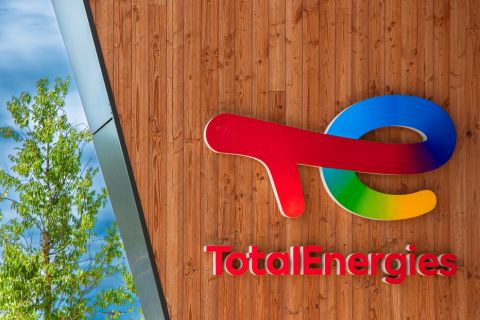Woodside Energy Group said on June 20 it had approved the development of the $7.2 billion Trion ultra deepwater oil project in the Gulf of Mexico, its first major investment since its merger with BHP Group's petroleum arm last year.
Woodside, 60% owner and operator of Trion, forecast its share of the capex at $4.8 billion. The remainder is set to be funded by Mexican state-owned oil company Pemex , which owns 40% of Trion.
The resource will be developed through a floating production unit (FPU) with an oil production capacity of 100,000 barrels per day, Woodside said. First production is targeted for 2028.
The investment is expected to deliver an internal rate of return greater than 16%, with a payback period of less than four years, Woodside said.
"Woodside has taken FID [final investment decision] on Trion a few months earlier than we had anticipated," analysts at Citi Research wrote in a note.
"Equity investors need to have a greater focus on payback and competitive positioning on the cost curve for greenfield projects, particularly oil ... we consider the four-year payback to be attractive in this regard," Citi analysts added.
Woodside CEO Meg O'Neill said in the statement that the investment exceeded the company's capital allocation framework targets and would be a strong contributor to its cash flows and shareholder returns.
BHP Group, from whom the project was inherited, was aiming for a final decision on Trion in 2022. But rising costs for manufacturing components for mega projects worldwide led to delays.
Trion was discovered by Pemex in 2012. It is located at Mexico's Perdido basin, about 180 km (112 miles) off the Mexican coastline at a depth of 2,500 metres.
The project will target the development of an estimated 479 million barrels of oil equivalent of oil and gas.
Woodside, which has frequently found itself at the crosshairs of environmental groups and activist investors over their climate goals, said their greenhouse gas emissions reduction targets remain unchanged by the investment decision.
Shares of the country's biggest independent oil and gas producer were up 1.6%, against a 0.5% gain in the broader market .
Activist-investor group Market Forces' acting CEO Will van de Pol, however, observed that "Woodside's decision to push ahead with a new oilfield in 2023 is yet another multi-billion dollar bet against the climate goals of the Paris Agreement."
Recommended Reading
Sinopec Brings West Sichuan Gas Field Onstream
2024-03-14 - The 100 Bcm sour gas onshore field, West Sichuan Gas Field, is expected to produce 2 Bcm per year.
Diamondback May Go Nuclear to Power Permian Basin Ops
2024-04-08 - Oklo Inc., a California fission power plant developer, on April 8 said it signed a letter of intent to collaborate with Diamondback Energy on implementation of nuclear energy for drilling operations in the Permian Basin.
E&P Highlights: May 13, 2024
2024-05-13 - Here’s a roundup of the latest E&P headlines, with a couple fields coming online, as well as new contract awards.
ConocoPhillips: Permian Basin a ‘Growth Engine’ for Lower 48
2024-05-15 - ConocoPhillips views the Permian Basin as a “growth engine” within its Lower 48 portfolio, the company’s Midland Basin Vice President Nick McKenna said during Hart Energy’s SUPER DUG event in Fort Worth.
TotalEnergies Restarts Gas Production at Tyra Hub in Danish North Sea
2024-03-22 - TotalEnergies said the Tyra hub will produce 5.7 MMcm of gas and 22,000 bbl/d of condensate.





